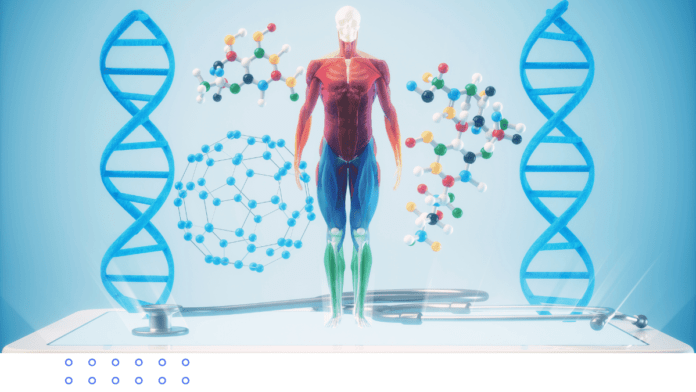Advancements in technology have affected almost all industries, and healthcare is no exception. From the way medical professionals communicate with one another to how patients receive treatment, technology has revolutionized the healthcare industry.
In this article, we’ll explore some of the ways that technology is impacting healthcare today.
Telemedicine is a game-changer
Telemedicine has transformed the way healthcare is delivered by providing remote clinical services through telecommunication technologies. By using video conferencing, mobile apps, or even email exchanges, patients can now receive medical care from the comfort of their homes.
Not only does this improve access to healthcare for those in underserved areas or with mobility issues, but it also reduces the costs associated with traditional office visits.
Telemedicine has also been shown to increase patient engagement and satisfaction while decreasing hospital readmissions and emergency department visits.
Overall, telemedicine is a crucial tool in improving healthcare outcomes and increasing efficiency in the industry.
Electronic health records (EHRs) are transforming medical records
Electronic health records (EHRs) have been a game-changer in healthcare management. It is a digital version of a patient’s medical history, including information on their diagnosis, treatment, and medications.
EHRs are convenient as they can be accessed by authorized medical personnel from any location at any time, making it easier to coordinate care across multiple providers. With the use of EHRs, doctors can quickly and accurately identify potential issues, leading to more accurate diagnoses and timely treatments.
Additionally, EHRs enhance patient safety by reducing the risk of medication errors and improve population health by allowing for the analysis of data trends on certain conditions or illnesses.
Overall, electronic health records are transforming the way medical records are maintained, ensuring better coordination of care and more accurate diagnoses.
Health tracking apps and wearables
Technology is transforming healthcare management in many ways, including the use of health-tracking apps and wearables.
According to fitness instructor and University of Kentuck exercise science major Patrick Melton, the wearable has transformed the fitness industry and provided valuable data to make changes to diets and sleep schedules. On his personal website, Melton has recommended some great wearables to track your fitness goals.
These devices allow individuals to monitor their personal health, track their fitness goals and even manage chronic conditions from the comfort of their homes. With real-time feedback and data analysis, these devices provide personalized recommendations for maintaining better health.
For example, patients with diabetes can use wearable glucose monitoring devices that give them a better understanding of how their diet and lifestyle choices affect their blood sugar levels, empowering them to make informed decisions about their health.
Such tech also improves patient engagement and enhances disease prevention strategies.
Overall, technology is enabling individuals to take charge of their own health by providing easy access to personalized wellness solutions.
Advanced analytics tools are helping doctors.
The healthcare industry generates massive amounts of data every day, but traditional methods of analyzing and interpreting this information can be time-consuming and laborious. With the help of advanced analytics tools, doctors and researchers can sift through vast amounts of medical data to identify trends, patterns, and potential treatments more quickly than ever before.
By analyzing patient records, clinical outcomes, laboratory results, and other sources of health data, these powerful tools are helping healthcare professionals to make better-informed decisions about patient care.
Moreover, these technologies are playing a key role in drug discovery by identifying new treatment options for different diseases. Machine learning algorithms enable prediction models at population levels that aid evidence-based decision-making for better health outcomes.
Through using artificial intelligence (AI) techniques such as natural language processing and machine learning algorithms, doctors can hope to integrate even more insights about diagnoses and recommended treatments into everyday clinical practice.
Precision medicine is revolutionizing healthcare.
Precision medicine is an approach that leverages advanced technologies, data analytics, and genetic testing to offer personalized medical care. This approach tailors treatments to the unique genetics, lifestyle, and environmental factors of each individual patient.
With precision medicine, doctors can provide a more accurate diagnosis and tailor treatment plans that are more effective for each patient.
As this technology continues to evolve, it is expected to transform the healthcare industry by being able to predict disease susceptibilities, identify previously undiscovered subgroups within larger cohorts of patients based on genetic differences thereby allowing for tailored interventions, track relevant outcomes over time due to various interventions or exposures as well as facilitate early detection and prevention of diseases.
The advances in precision medicine would undoubtedly lead to a brighter future for individualized care and better health outcomes.




